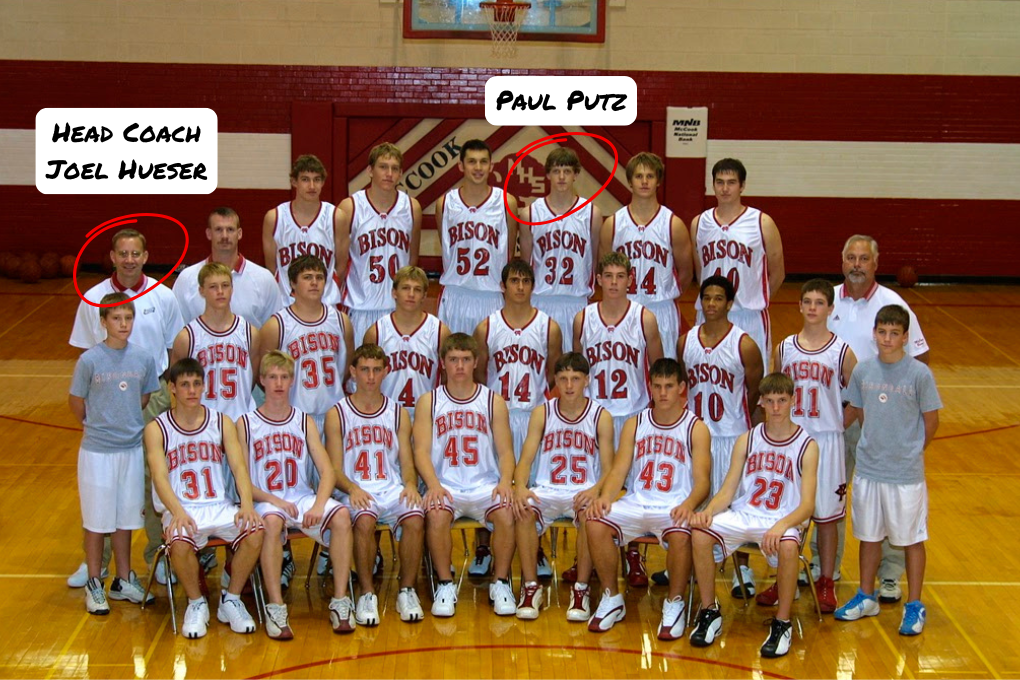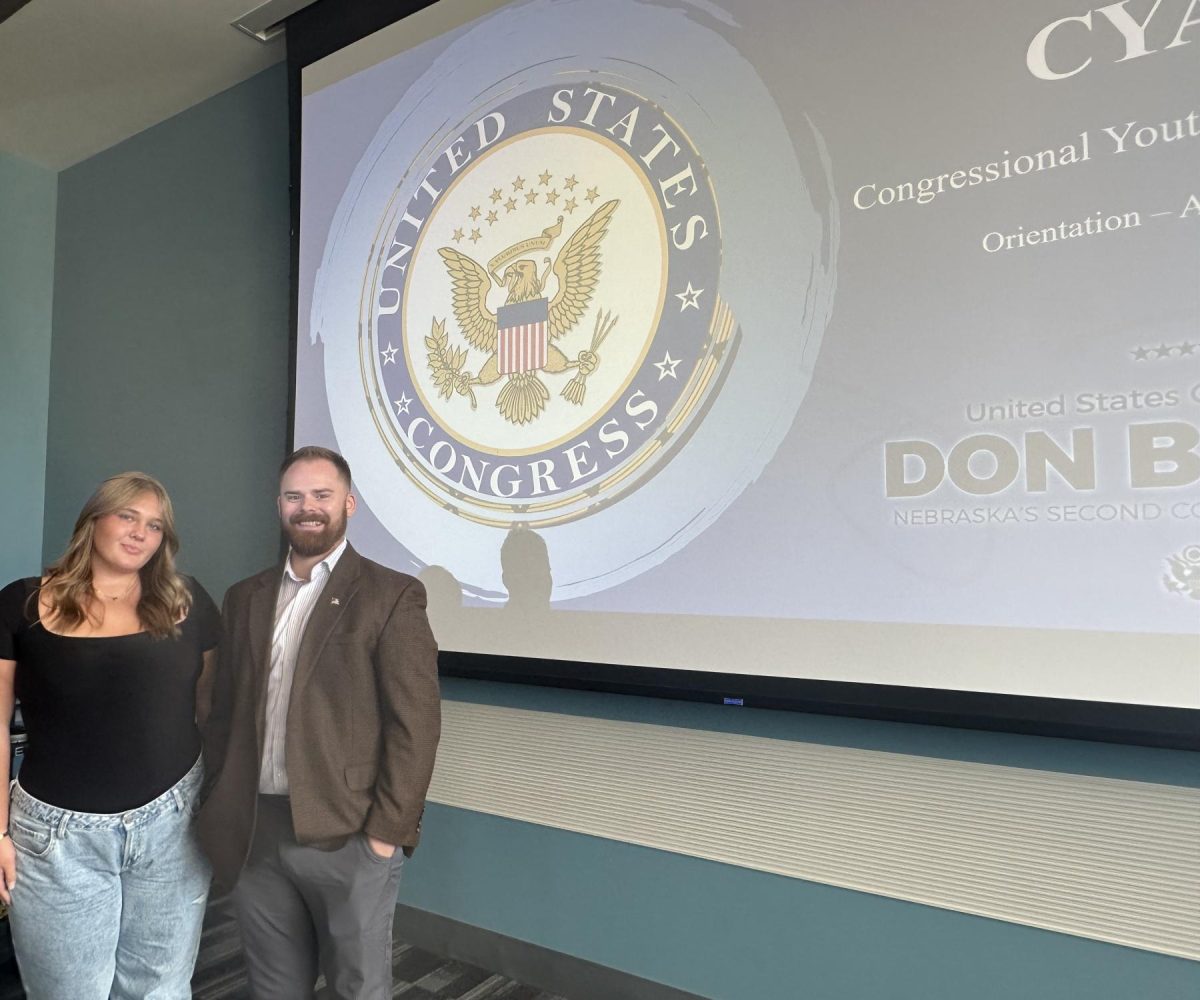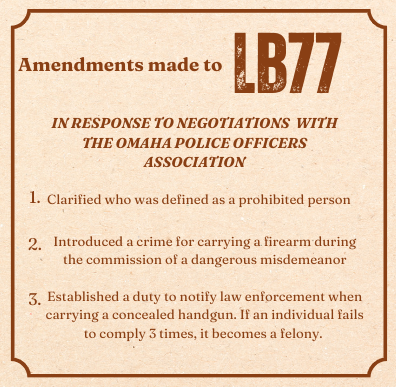This year Nebraska became the 27th state to allow law-abiding citizens to carry concealed handguns without a permit. The law, LB77, is known as permitless concealed carry and went into effect Sept. 2.
LB77’s author, attorney Dick Clark of Lincoln, who serves as the committee legal counsel for the Nebraska Legislature’s Military and Veterans Affairs Committee, said in a recent interview with Titan Legacy that it is a Constitutional right for Americans to bear arms and that laws preventing that right are motivated by a desire to control certain members of the public.
“We look at the fact that the United States Constitution says Americans have the right to keep and bear arms,” Clark said. “Nebraska’s Constitution says Nebraskans have the right to keep and bear arms, and it’s even more specific about the reasons for that than the federal Constitution is.”
Clark explained that the history of previous gun laws in Nebraska had been motivated by inequality before the law.
“[Concealed weapon laws] have always been about controlling people that the government thought were untrustworthy or needed to be oppressed,” Clark said. “We’re against those things, because we believe in equality before the law.”
Clark explained that Nebraska no longer aligns with laws that prohibit carrying a concealed weapon.
“We believe in victims being able to save their own lives,” Clark said. “Having the government say, ‘Oh, you’ve got to pay us a fee to access your constitutional rights,’ ‘Oh, you’ve got to jump through these hoops,’ that’s wrong.”
State Sen. John Cavanaugh, who represents District 9, encompassing Kearney and Grand Island, presented opposition to the permitless concealed carry law when the bill was presented to the Legislature.
“I think that it leads to increasing the possibility of unsafe situations where firearms are going to be in more public spaces, and are likely to be used inappropriately in those public spaces,” Cavanaugh told Titan Legacy.
Former State Sen. Adam Morfeld, who represented District 46, which includes Lincoln, the state capital, also said he believed eliminating the permit previously needed for carrying a concealed weapon would have a negative impact on public safety.
“It takes away the training requirements, it takes away the background-check requirements, and it normalizes concealed carry,” Morfeld told Titan Legacy. “I think that only increases the risk of gun violence.”
Even though state law no longer requires obtaining a permit for concealed carry, Clark said that it was still encouraged.
“There’s some valuable training in there that you can get, and everybody ought to be responsible,” Clark said.
“The fact that we don’t believe in prior restraint by the government on civil liberties doesn’t mean that we don’t want people to be responsible citizens and educate themselves,” Clark said.
When the bill was first introduced by State Sen. Tom Brewer, it contained two major components: The first was state preemption, which is the idea that local governments cannot interfere with what is described in state law. The second was the determination that carrying a concealed weapon should no longer be a crime.
Clark said the biggest opposition to the bill came from the Omaha Police Officers Association.
“They negotiated hard,” Clark said. “We met [them] at the bargaining table; Senator Brewer talked about these issues with them, and we did make some changes.”
The amendments achieved the following: clarifying who would be defined as a prohibited person who could not be in possession of a firearm, introducing an additional crime for carrying a firearm during the commission of a dangerous misdemeanor, and establishing a duty to notify law enforcement when carrying a concealed handgun.
“Those three changes caused the Omaha Police Union to remove their opposition to the bill,” Clark said, “and then that helped us with some of the senators who were very concerned about supporting law enforcement.”



























